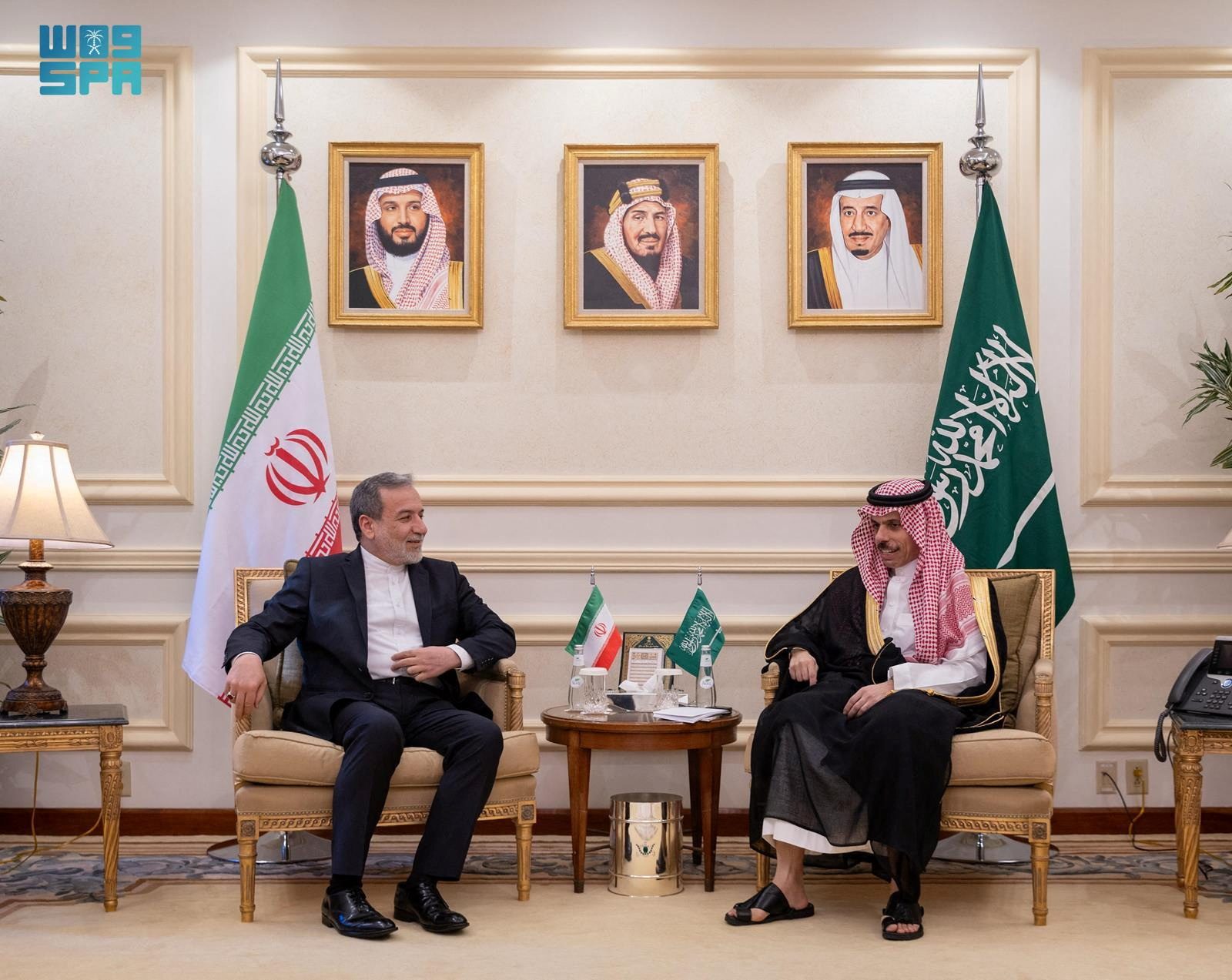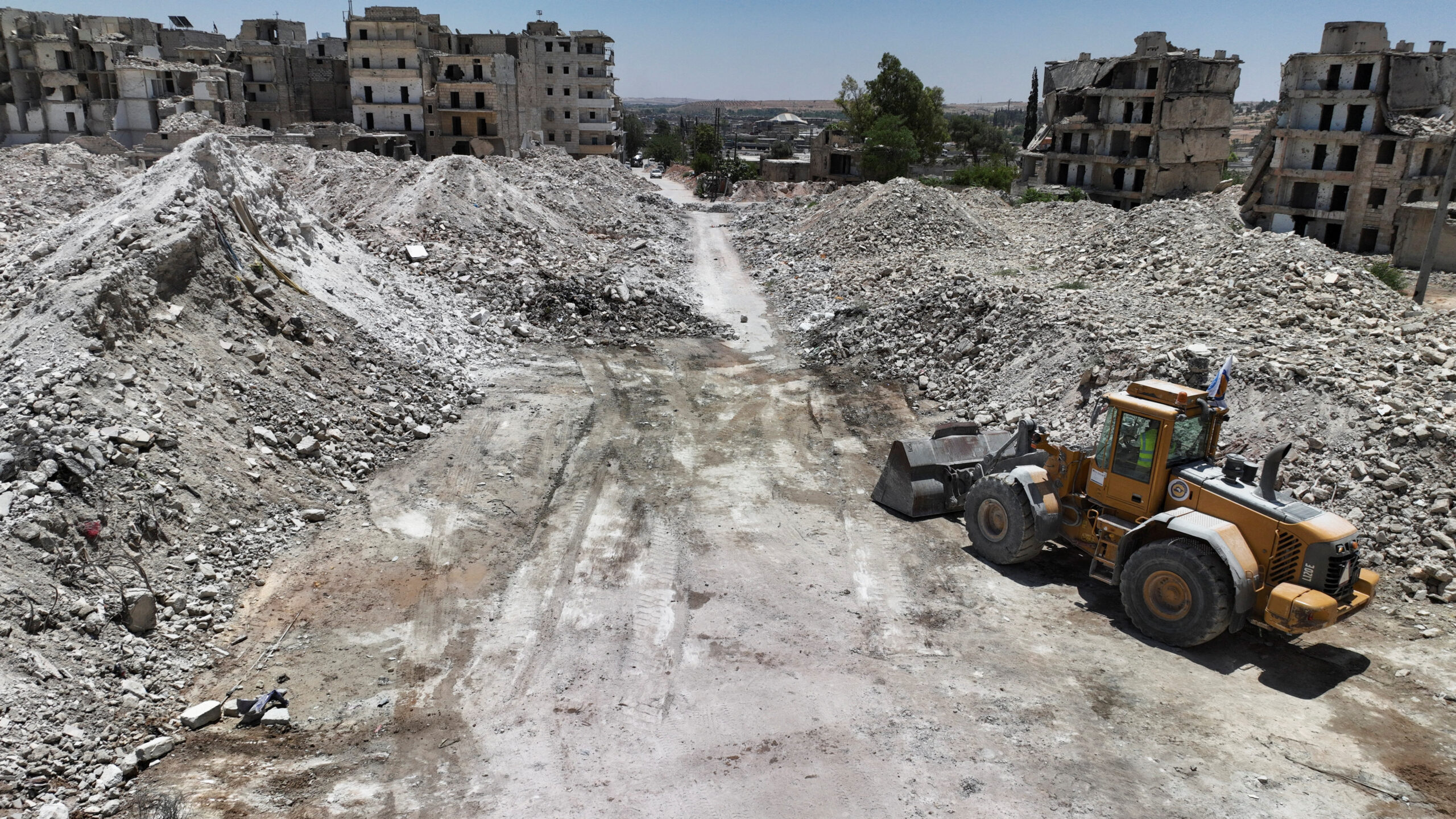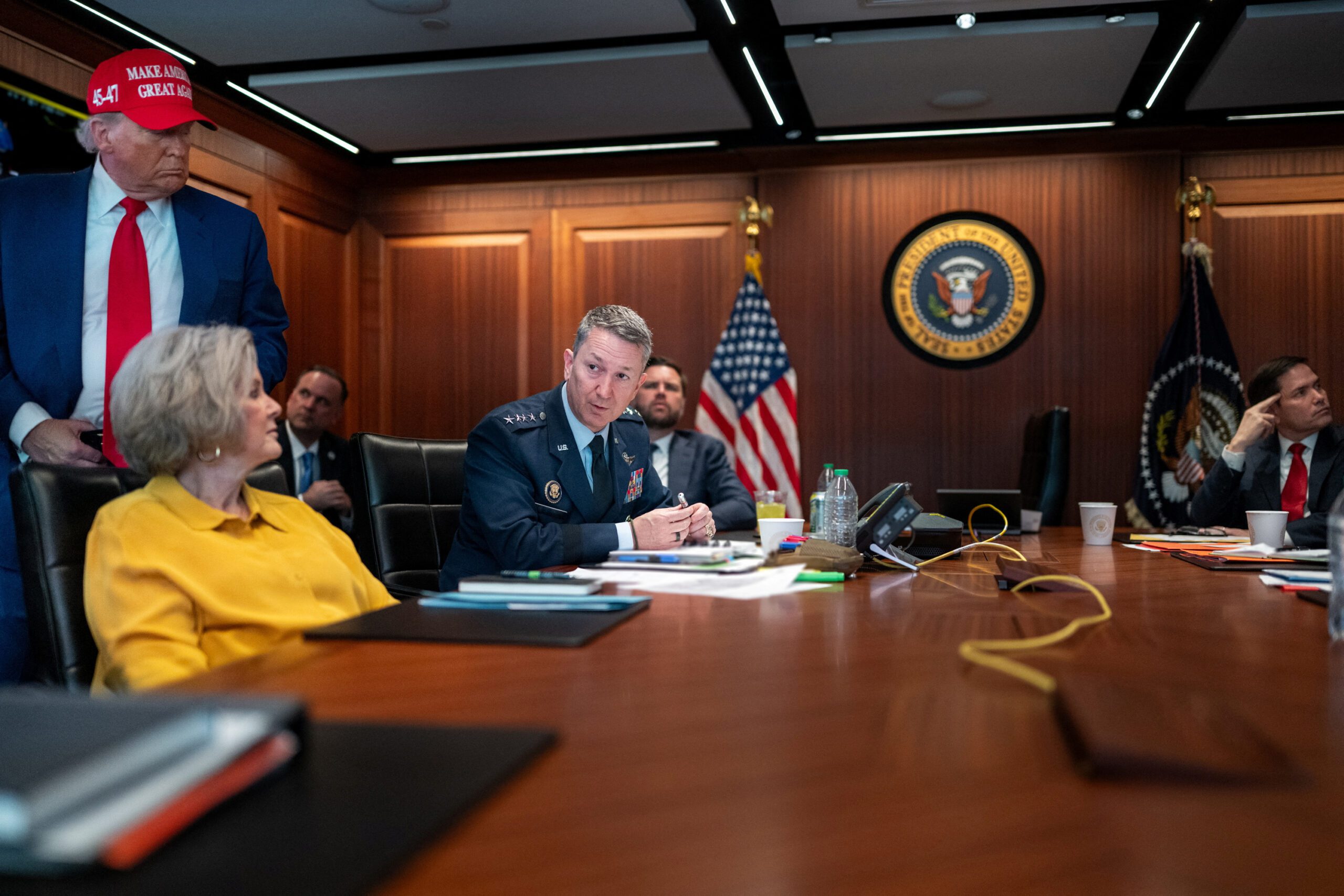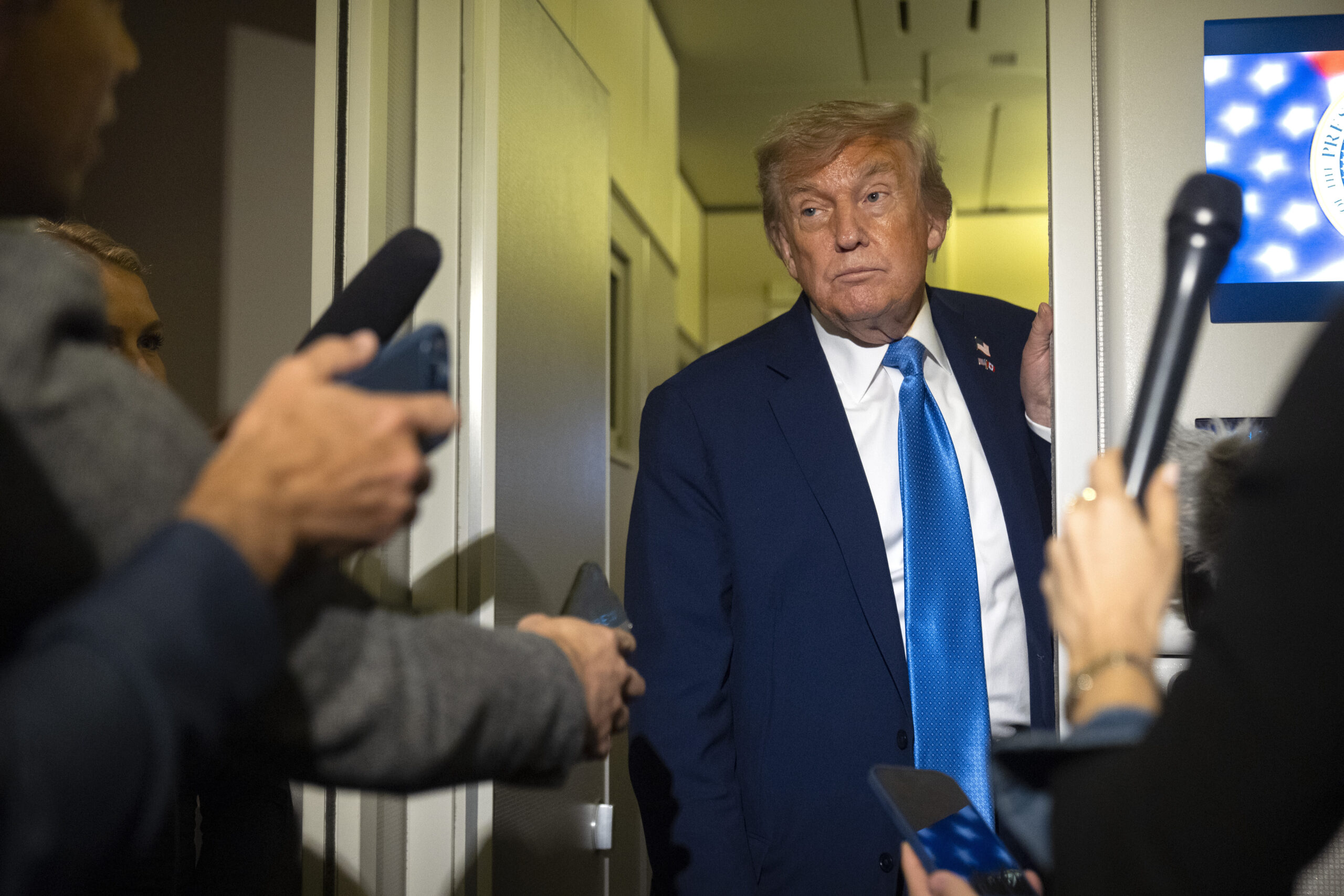The sudden flurry of diplomatic activity on issues regarding Israel and the Palestinians has been full of high-minded, and entirely correct, principles. Unfortunately, its practical consequences are unlikely to do anybody any good.
United States secretary of state John Kerry’s speech on Wednesday was, perhaps, the most incisive, honest and serious speech ever on this issue by a senior American official. If it had been made three years ago – and backed up by real policies with significant consequences to all parties for non-compliance – it would have surely been historic.
But delivered a few days before Mr Kerry and president Barack Obama leave the international stage for good, it was merely a rhetorical exercise, unconnected to actual statecraft. Indeed, it suggests that the Obama administration has, for years, had a very sophisticated and detailed grasp of the nature and scope of the threat facing a two-state solution – which remains the only viable formula for peace – but essentially chose not to do much.
This cry from the heart at the very end of the administration might be emotionally satisfying for Mr Kerry, but it only serves to underscore the depth of his failure as secretary of state, and that of his administration, to do anything practical to salvage the situation. Screaming “Troy is burning” after the wooden horse has been rolled into the city gates is pointless. And it’s especially galling now that it’s clear that they knew the real dangers all along but just weren’t willing to pay the political price of seriously trying to alter the equation.
The recent United Nations Security Council resolution reiterating the illegality of Israeli settlement activities was similarly impeccably correct on legal, moral and abstract political registers. And it’s certainly good that Israelis are put on notice that the world unanimously rejects its effort to colonise occupied territories in violation of clearcut international law.
Israeli prime minister Benjamin Netanyahu and his allies have clearly been operating under the assumption that the world will eventually shrug and move on if Israel continues to press forward its claims and create facts on the ground. The unanimous UN vote – and the American abstention is really a “yes” given that permanent member “no” votes are vetoes – puts the Israelis on notice that this hasn’t happened and isn’t about to.
Yes, the resolution calls Israel’s bluff when it absurdly acts as if there is a movable Israel that springs up wherever a settler happens to set foot, while everywhere else is an undifferentiated, to be determined, occupation. And, yes, it calls Mr Netanyahu’s bluff of pretending to be in favour of a two-state solution rhetorically while pursuing policies that plainly sabotage, and indeed make a mockery of, that outcome in reality.
These are useful rhetorical and debating points.
But just because the resolution puts Israel in a difficult spot that doesn’t mean Palestinians emerge as winners. The idea that it opens serious new international legal prospects is a chimera. Worse, any price Israel extracts will be borne entirely by Palestinians and not by the 14 states that voted for the resolution or Washington, which abstained.
Israel builds and expands settlements no matter what, but this resolution will undoubtedly lead to even more aggressive building than usual. And Israel may take other retaliatory measures, all of them aimed at Palestinians, who alone are vulnerable to Israeli retaliation.
Moreover, both the UN resolution and Mr Kerry’s speech will almost certainly serve to push Palestinians away from the incoming Donald Trump administration, with which they must have as cordial relations as possible. Mr Netanyahu clearly hopes they will bring him closer to Mr Trump, and seems to have deliberately exacerbated tensions with the Obama administration to promote that goal.
Mr Netanyahu may be greatly disappointed by the actual policies of a Trump administration. But even if Mr Trump gives him carte blanche, that could put Mr Netanyahu in the impossible situation of no longer being able to tell settlers that he must show restraint because of Washington, leaving him at their mercy.
Certainly events seem to be advancing the day when Mr Netanyahu must finally choose between supporting settlement expansion and supporting peace, because, as Mr Kerry explained, these are ultimately incompatible.
But Palestinians now face increased settlement activity and Israeli retaliation, and are already being pushed away from the incoming American administration. That’s a prohibitive practical price for a purely symbolic reiteration of international rejection of settlements.
The only thing really accomplished in recent days is an increase of tensions all around, and particularly between Israel and the Palestinians. Nothing much useful can be accomplished without bringing those two parties closer together, and anything that pushes them even further apart – as well as both away from the United States – is ultimately charging headlong in the wrong direction.
This article was originally published by The National.
The views represented herein are the author's or speaker's own and do not necessarily reflect the views of AGSI, its staff, or its board of directors.





























Jan 3, 2017
Kerry’s Words and the UN Vote Don’t Help Palestinians
The sudden flurry of diplomatic activity on issues regarding Israel and the Palestinians has been full of high-minded, and entirely correct, principles. Unfortunately, its practical consequences are unlikely to do anybody any good. United States secretary of state John Kerry’s speech on Wednesday was, perhaps, the most incisive, honest and serious speech ever on this...
4 min read